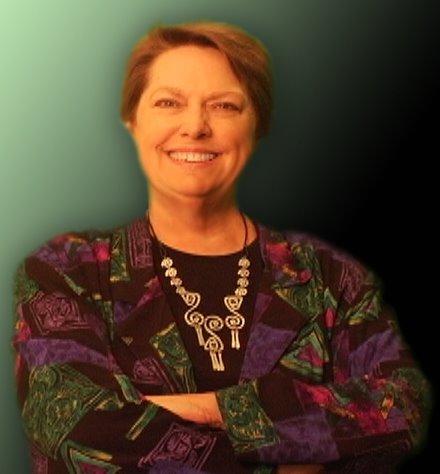A Bachelor’s Degree: America’s Most Overrated Product?
Is college really worth it? That’s the question the John Stossel ABC News 20/20 asked in a provocative story last Friday. With the cost of college rising faster than inflation, Stossel wonders if a bachelor’s degree is the big lie.
The piece featured several students whose degrees saddled them with student loan debts of up to $125,000 and who ended up in entry-level jobs they could have gotten right out of high school. They understandably think "College was a rip-off.”
"You're led down this path of needing to go to college," he continued. "The college diploma is the new high school diploma."
Personal finance guru Suze Orman, who holds a BA in social work from the University of Illinois, says college is not for everyone. Those who are not the best students may be better off earning marketable skills at a community college or technical school.
Dr. Marty Nemko, an education consultant and career counselor, explains that the students who do well in college are already more likely to be successful than those who don't.
I have mixed feelings about this. I agree that college is not for everybody, but I am very glad I have a degree. On the other hand, it took me 12 years to earn my degree, partly because I refused to go into debt for it. Most of my students at the University of Phoenix are pursuing their degrees because they know or believe that they cannot go further in their careers without a degree. The lucky ones work for companies that pay their tuition.
While I know that a degree is the ticket required to enter certain professions, I also know that it is not a guarantee of success. And plenty of people who didn’t go to college do just fine. Maybe my most radical opinion is that a bachelor’s degree has intrinsic value and was never meant to provide job training.
# # #


